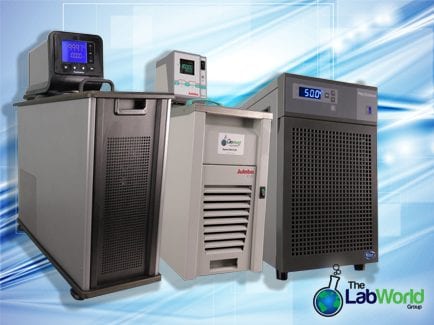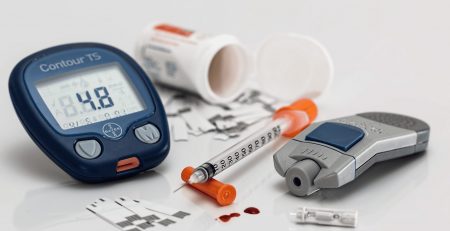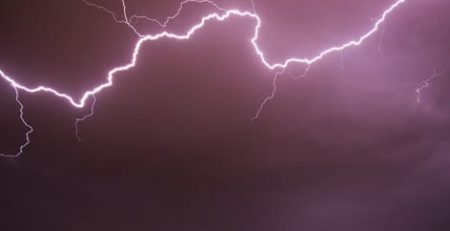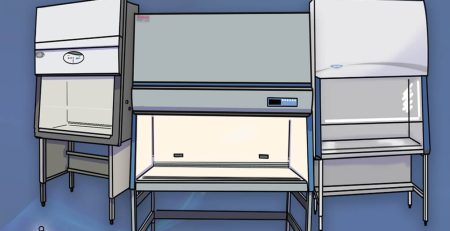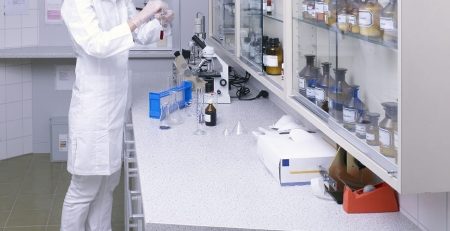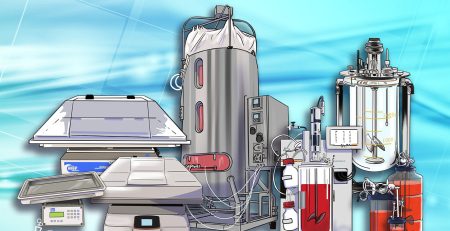Important Questions to Consider When Buying a Bath or Chiller
As with any other piece of laboratory equipment, there is a wide variety of baths and chillers available to accommodate temperature sensitive samples. Before purchasing a chiller, ask yourself the following questions to ensure you’re purchasing the piece of equipment that is right for you. Click here to view our active inventory of used chillers
What type of sample will be storing?
Again – depending on the sample type, there are a number of different options available. It’s important to first take into consideration what types of samples you will be storing and what type of preparation is required, or downstream analysis is planned. These are just two factors that should be taken into consideration.
How does temperature sensitivity of the samples or process affect which type of equipment should be used?
Equipment ranges from basic water baths for thawing and heating to digitally controlled stirred heating and chilling units. Circulating baths allow for more precise control on temperature. Knowing what exactly you hope to accomplish with these samples will help you make a better informed decision about what equipment you should purchase.
Does your lab process a wide variety of non-routine samples?
Some laboratory settings offer a wider variety of processes and analysis than others. If your lab is regularly running into non-routine samples or analysis, you may want to invest in a more robust system.
Once you’ve found a product you think will work for you, Lab Managers Consultants recommend asking these additional 7 questions:
- Does the product have any exclusive features? What sets it apart from other vendors’ chillers or baths?
- Is it important for your lab that the vendor have ISO 9001 certification?
- What is the warranty period? What does it cover?
- Are service plans available? If so, is there an on-site option?
- Does the unit have the appropriate cooling or heating capacity for the application? Is there enough reserve capacity to account or environmental heating or cooling losses?
- Does the manufacturer offer the necessary accessories for the application? (Tubing, fluid, adapters, electronic interfaces, etc.)
- Does the manufacturer understand the application and provide a thorough explanation of calculations to recommend the proper instrument?




